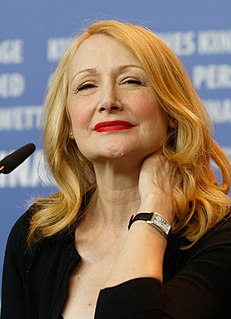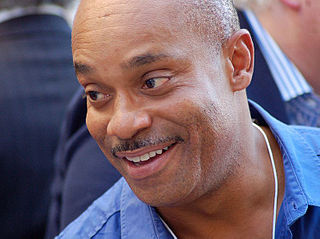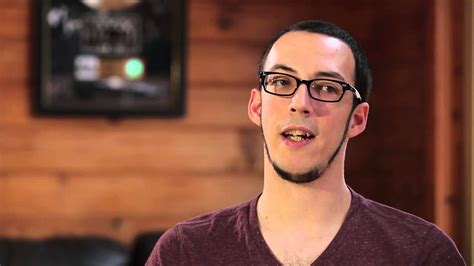A Quote by Thelma Schoonmaker
I don't think you can be a great director without knowing a lot about editing.
Related Quotes
With the camera, it's all or nothing. You either get what you're after at once, or what you do has to be worthless. I don't think the essence of photography has the hand in it so much. The essence is done very quietly with a flash of the mind, and with a machine. I think too that photography is editing, editing after the taking. After knowing what to take, you have to do the editing.
To be a great director, what does it mean exactly? It's not only about a great director, but also about being able to rely on the very special chemistry that goes between them. It not only has to be a great director, but the great director has to make his relationship to you, the actor, very special.
I will say from the outset, I think if you're great, you're great from the very beginning. And because I do think it is innate and I do think it is a gift you just have, and I don't think you can - you can hone the skills of a director, but sadly, I do think that you are born a great director. I think it's just in you and it's something that is deep in you. But, I find it can be difficult working with first-time directors, but it's also moving.
One of the first decisions I made, as the director of "Hide and Seek," was that our film would be silent and use underscoring of original music that I was planning on composing. The decision was mostly predicated on knowing how time consuming the editing of dialogue can be and given the various locations we shot in, I didn't want to worry about having to mix room tones in such a short amount of time.
I mean, in the editing room, you sit there, and you're so happy about a lot of it. You've got these great actors, and the DP's great, and you love it... And then there's so much you're mad about. Cause you've made so many mistakes. So yeah, there're scenarios where you're like, "Ah, I wish I could change this. How do I make this better?" "No matter what I do, the scene's not working, what do I do?"
Not only do you need great lyrics, a great message, a great story, great vocals, great chords... you also need great instrumentation, great editing, great sonics, great mixing, and great mastering. It all comes together to make something truly great, and I think each element combines together to create a powerful impact on the consumer.



































